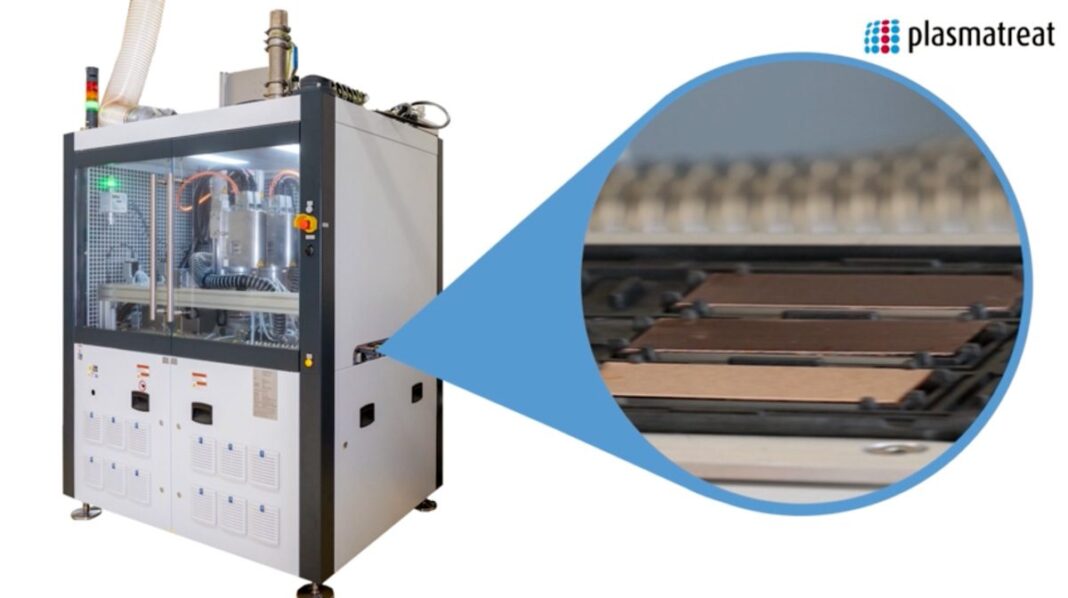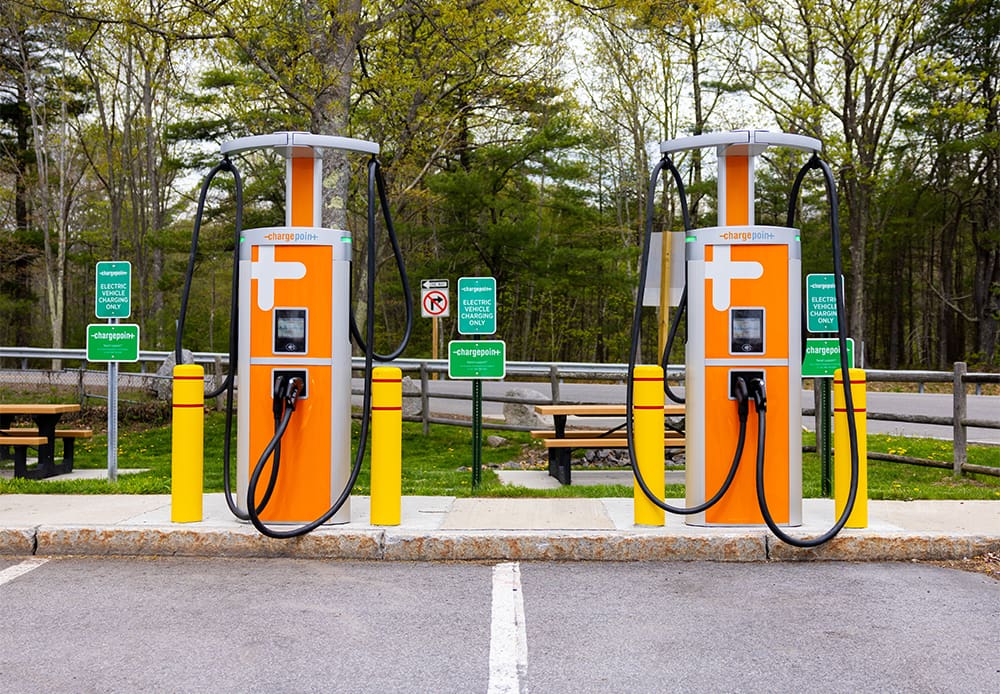Plasmatreat has integrated its Openair-Plasma surface pretreatment technology with the REDOX-Tool for oxide reduction, targeting production challenges in automotive power electronics. The combined process is designed to improve manufacturing quality of power modules used in EVS by enhancing bond integrity and thermal performance.
The Openair-Plasma pretreatment provides a dry, controllable surface activation that removes organic residues and increases surface energy, facilitating better adhesion for wire bonding, die attach materials, and encapsulants. The inline REDOX-Tool further removes metal oxides within the same workflow. The company claims that this dual approach yields contaminant-free and highly activated surfaces, resulting in stronger bonds, improved solder wetting, and better thermal management in power modules.
Plasmatreat says additional technical benefits include microfine cleaning, flux-free processing that reduces the need for chemical primers and fluxes, and compatibility with automated manufacturing lines for real-time quality control. The process is intended to enable void-free thermal interfaces to reduce electrical hotspots and enhance current-handling capability. Manufacturers using these integrative technologies have reported up to a 40 percent increase in production yield and fewer field failures due to solder joint degradation or coating delamination, according to Plasmatreat.
Target applications for this technology include assembly stages in EV power modules, such as leadframe cleaning, wire bonding, encapsulation, and coating.
Source: Plasmatreat





